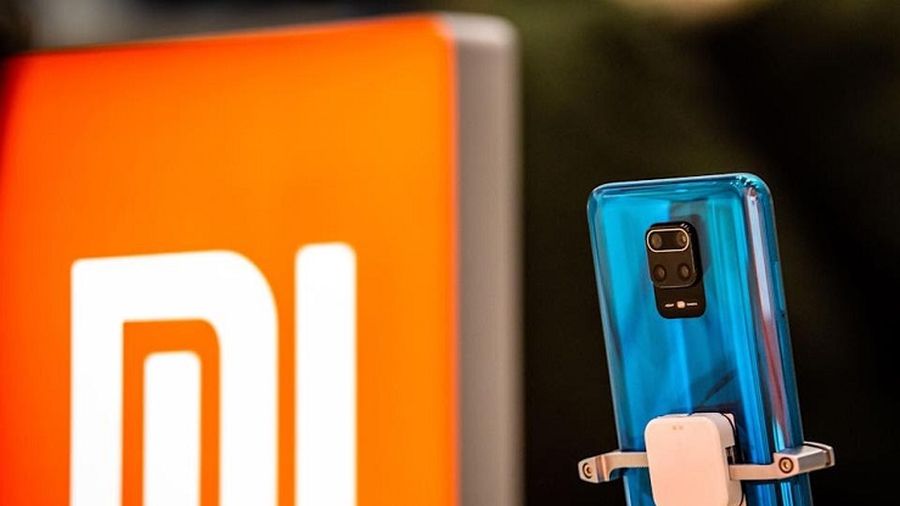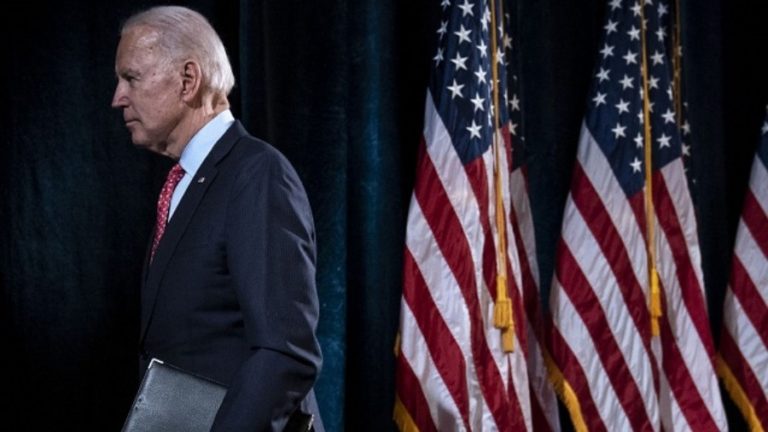China’s Xiaomi Passes US’ Apple Despite DC’s Dirty Games
Xiaomi went from a startup smartphone company competing in China’s domestic markets in 2010, to entering global markets between 2014 and 2015, to this year surpassing Apple in global smartphone sales, with only Samsung selling more.
CNN in a July 2021 article titled, “Xiaomi has Samsung in its sights after overtaking Apple in smartphone sales,” would note:
The Chinese company took 17% of worldwide smartphone shipments for the second quarter of 2021, behind Samsung’s 19%, Canalys said in a report published on Thursday. Compared with the same period in 2020, Xiaomi’s shipments jumped more than 80%.
Apple ranked third, with shipments that accounted for 14% of the global total. Chinese smartphone makers Oppo and Vivo followed, with 10% each.
Xiaomi accomplished this after coming under pressure from sweeping US sanctions targeting a number of Chinese companies including itself and telecommunication giants Huawei and ZTE.
CNBC in January of 2021 would note in an article titled, “Xiaomi shares fall 10% as US adds smartphone-maker to ‘blacklist’,” that:
The move means that Xiaomi is now subject to a November executive order restricting American investors from buying shares or related securities of any companies designated by the Department of Defense to be a Chinese military company.
At the time, Xiaomi was the third largest smartphone maker. The company struck back with a lawsuit which eventually had it removed from the list in May of this year.
It is abundantly clear that US sanctions and blacklists are not drawn up because of genuine national security fears or real concern over “human rights,” but rather as a means of inhibiting China’s rise by targeting its economy in general and targeting specific companies that threaten the monopolies of US and European corporations.
It is a strategy that hasn’t worked.
The United States has not only openly schemed to undermine Chinese companies rather than simply improve American innovation, lower costs and out-compete them fairly, they have failed even in their scheming.
This leaves the US government and the large corporate special interests driving such policies exposed as not only unreliable and untrustworthy, but also increasingly weak.
Xiaomi may have avoided US sanctions and blacklists for now, but fellow Chinese tech companies like Huawei who have suffered much more because of US tactics serve as a warning for the need to not only continue forward with innovation and effective business practices, but to also prepare for the worst.
Companies like Huawei continue taking measures to circumvent US restrictions. China is investing heavily in chip manufacturing to sidestep bans by the US government on US chip companies exporting to China. Huawei in particular is working hard to develop operating systems for its smartphones to sidestep restrictions by Google from using Android and associated Google apps.
Xiaomi proves that while the US may be able to effectively take on several Chinese companies at once, it cannot take them all on.
In the end, not only will US companies simply be out-competed by their Chinese counterparts, the opportunity to cooperate with rising Chinese companies will be ruled out as well. First, by the ongoing restrictions placed on American companies preventing them from doing business with their Chinese counterparts, and second, when China is forced to decouple from US supplied components and develop equivalent or even superior alternatives.
Not only will these alternatives supply China’s growing economy and industrial demand, but they will likewise enter international markets like Xiaomi has, and likely out-complete US companies as well. The groundwork for the US’ own undoing is being laid not in Beijing, but in Washington.
The clumsy and inevitably doomed strategy pursued by US policymakers today resembles the British Empire’s struggle to maintain control over its colonies as they grew in size both economically and militarily. This stubbornness led to exhaustive wars and strained ties, breeding poor relations that in some cases endure to this day.
China in the last 100 years has proved itself very flexible and adaptive as well as willing to learn. It has changed its system of economics and governance multiple times over the last century, focused on results rather than procedure.
China now exists as a nation not only learning, but a nation that can be learned from. The United States cannot and will not continue as the world’s largest economy nor the world’s dominant political force. It must abandon the procedures of empire and begin focusing on results. By doing so, it may never be able to out-compete a much larger China, but it can still exist as a constructive participant in an increasingly multipolar world, prospering both for the American people, and benefiting the world with what it has to offer.
Xiaomi is not the first Chinese company to rise to global prominence and will most certainly not be the last. Xiaomi itself still has large plans to improve its products and expand into new markets. Samsung’s dethroning as world’s largest smartphone maker may or may not be taken by Xiaomi, but it seems inevitable that whichever smartphone company does, it will be a Chinese smartphone company. It is success that will be repeated across many more industries to come.
For the US who tried to impede Xiaomi’s and China’s rise economically, there is still time to reverse course, constructively compete and cooperate with China, and rise with it as many other nations around the globe are opting to do.







